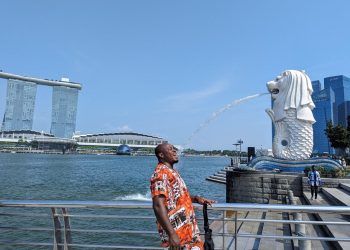Croatia and its political landscape
Croatia, a beautiful country situated in Southeast Europe, has a rich history and a diverse culture. However, in recent years, there has been a lot of speculation about the political regime in Croatia. Some believe that Croatia is under communist rule, while others argue against it.
The legacy of communism in Croatia
It is no secret that Croatia, like many other Eastern European countries, has a complicated history with communism. After World War II, Croatia became a part of the Socialist Federal Republic of Yugoslavia, which was led by Josip Broz Tito. Following Tito’s death in 1980, Croatia declared independence from Yugoslavia in 1991 and went through a difficult political and economic transition.
The current political situation in Croatia
Today, Croatia is a parliamentary democracy with a multi-party system. The President of Croatia is the head of state, while the Prime Minister is the head of government. The Croatian government has been making efforts to align itself with European Union standards and has been working diligently towards joining the Schengen Area.
While there may have been a historic association with communism in the past, Croatia is currently not under communist rule. Its entry into the Schengen Area signifies its commitment to aligning itself with European Union values and standards. Croatia’s political landscape has evolved over the years, and it is now a vibrant democracy with a bright future ahead.
Still have some travel questions? Ask in our Travel WhatsApp Group.








